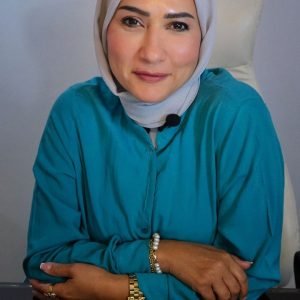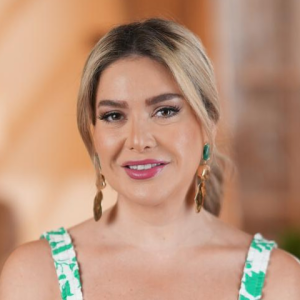In a groundbreaking development, a prominent astronomy expert from the United Arab Emirates has proposed a fatwa (an Islamic decree) that could revolutionize the traditional method of determining the beginning of a new lunar month.
The proposal challenges the prevailing belief that sighting the crescent moon with the naked eye is the primary criterion for establishing the start of a new month.
Mohammad Shawkat Odeh’s Vision:

Mohammad Shawkat Odeh, the Director of the International Astronomy Center based in Abu Dhabi, made this significant proposal while participating in the second international conference of the UAE Council for Fatwa, which commenced in Abu Dhabi.
Odeh emphasized the importance of knowledge exchange and the need for the Islamic world to consider the potential impact of this proposal.

The Role of Astrophotography:
Central to Odeh’s proposal is the role of astrophotography, a technology that enables the observation and photography of the crescent moon.
He believes that this technology has the potential to provide a more accurate and accessible method for determining the lunar month’s commencement.
Dispelling Misinformation:
Odeh recognized that there is misinformation surrounding astrophotography and took the opportunity to clarify how this technology works.
He explained that astrophotography involves using specific tools, including an astronomical camera, filters, and a computer, to capture a clear and accurate image of the crescent moon.
Real vs. Misconceived Notions:
Addressing misconceptions about astrophotography, Odeh assured the audience that the images of the crescent moon obtained through this technology are authentic and not created by electrical currents or other misleading notions.
He compared the cameras used in astrophotography to those found in everyday mobile devices, emphasizing their reliability and authenticity.
This proposal for a fatwa based on astrophotography could potentially reshape the way the Islamic world determines the commencement of lunar months, offering a more precise and scientifically grounded approach.
The discussions that follow this proposal will undoubtedly be of great interest to the Islamic community and the field of astronomy.












